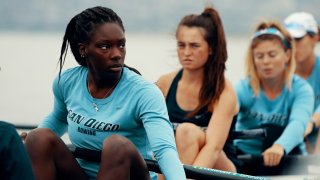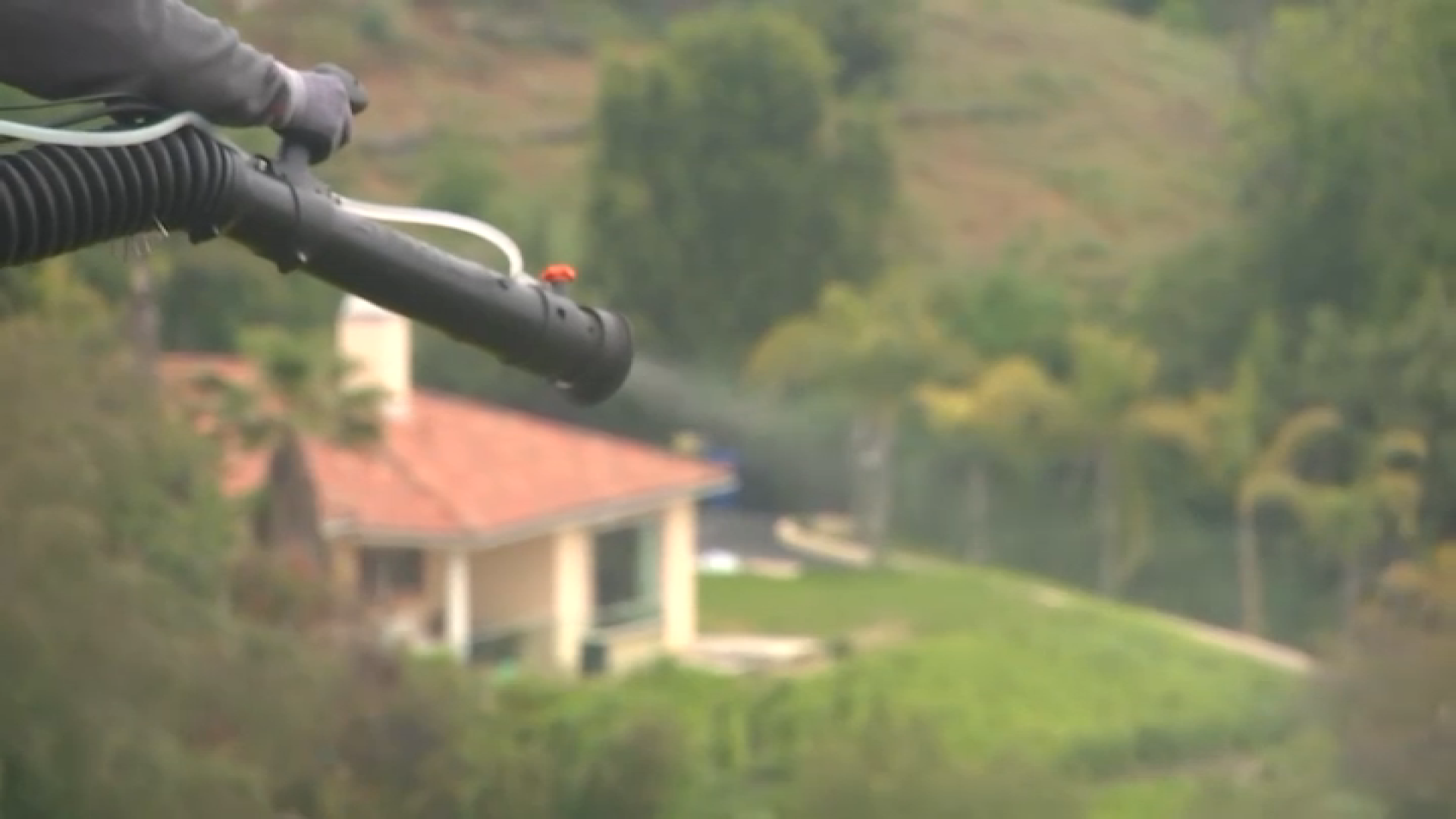
On March 11, the University of San Diego baseball team hosted what turned out to be the last sporting event on San Diego's campus of the spring. Within 24 hours the Toreros had shut down competition for the rest of the school year. We now know that athletes in spring sports will get that lost season back - but at the time, it appeared their college careers had come to a sudden end.
“Finding out was probably one of the worst times of my life,” San Diego rower Kadee Sylla said. “I would just cry. Like I would literally just lose it because it was so sad to deal with that at first.”
The NCAA eased that disappointment on March 30, with the decision to offer an extra year of eligibility to all spring sports athletes. However, not all will use it. Of the 19 seniors spread across the Toreros’ spring sports teams, only about half are expected back next season.
“A lot of kids who are graduating may choose to move on to their non-sports professional future,” USD Athletic Director Bill McGillis said.
Tennis player Daniela Morales is one of those student athletes.
“It's been always tennis, tennis, tennis and in school I found other things that I like to do,” Morales said. “It was hard to decide honestly.”
While athletes were welcomed back, coaches laid out a realistic vision of the challenges the situation would present.
Local
“It's not just the fun of the season,” Morales added. “It wouldn't be easy.”
For some, the financial burden is the biggest challenge. Women’s tennis is USD’s only spring sport where athletes are on full scholarships.
In all others, there is a maximum number of scholarships available. It’s up to coaches how they spread that money across their roster. In other words, for the majority of returning athletes – going back to school for another year would come at a cost.
“Most spring sport student athletes at all institutions are paying more to go to the school than they're receiving from the school in terms of athletic aid,” according to McGillis.
For Morales, the bigger factor in her decision was roster size.
“It's gonna be very hard because there's very good girls coming to the team.”
Typically there's a limit to how many athletes can be on a team. Next year returning seniors won't count against that total - which means rosters will be bigger than normal, and the opportunity to play will be harder to earn. That was daunting for Morales, who had already battled through a shoulder injury.
“This made me realize I was ready to be done with it,” she said.
For others, it was harder to accept a premature conclusion to their career. Rower Kadee Sylla is in that boat.
“Having to say I wasn't able to complete my collegiate career would tear me apart,” Sylla said. “I knew that I would regret it.”
Instead she's excited for the chance to enjoy one more season of competition, this time as a grad student.
“A lot of kids are gonna benefit from an opportunity,” McGillis said.
“It's gonna be a good challenge, but I think it's a worthy challenge."
University of San Diego Athletic Director Bill McGillis
But that opportunity does put schools in a tricky position. Just as teams can adjust roster sizes to accommodate seniors next year, scholarship limits can also expand to cover those returning athletes. The question is, where will that money come from?
“We're gonna have to find it,” McGillis said.
In most cases, athletic directors like McGillis will look to the university budget or fundraising. The additional investment comes after a spring in which schools lost sporting events and in turn revenue.
“The budgets of college athletic departments are gonna be impacted greatly everywhere in the country, from the biggest brand to the least known Division I school.”
Schools weren’t forced to offer students the extra year. Wisconsin notably decided not to allow seniors to return. San Diego chose to welcome them back.
“It's gonna be a good challenge, but I think it's a worthy challenge,” McGillis added.
Giving athletes the chance to end their career on their terms.
“I'm very grateful that I got the opportunity to finish the season how I wanted to,” Sylla said.



